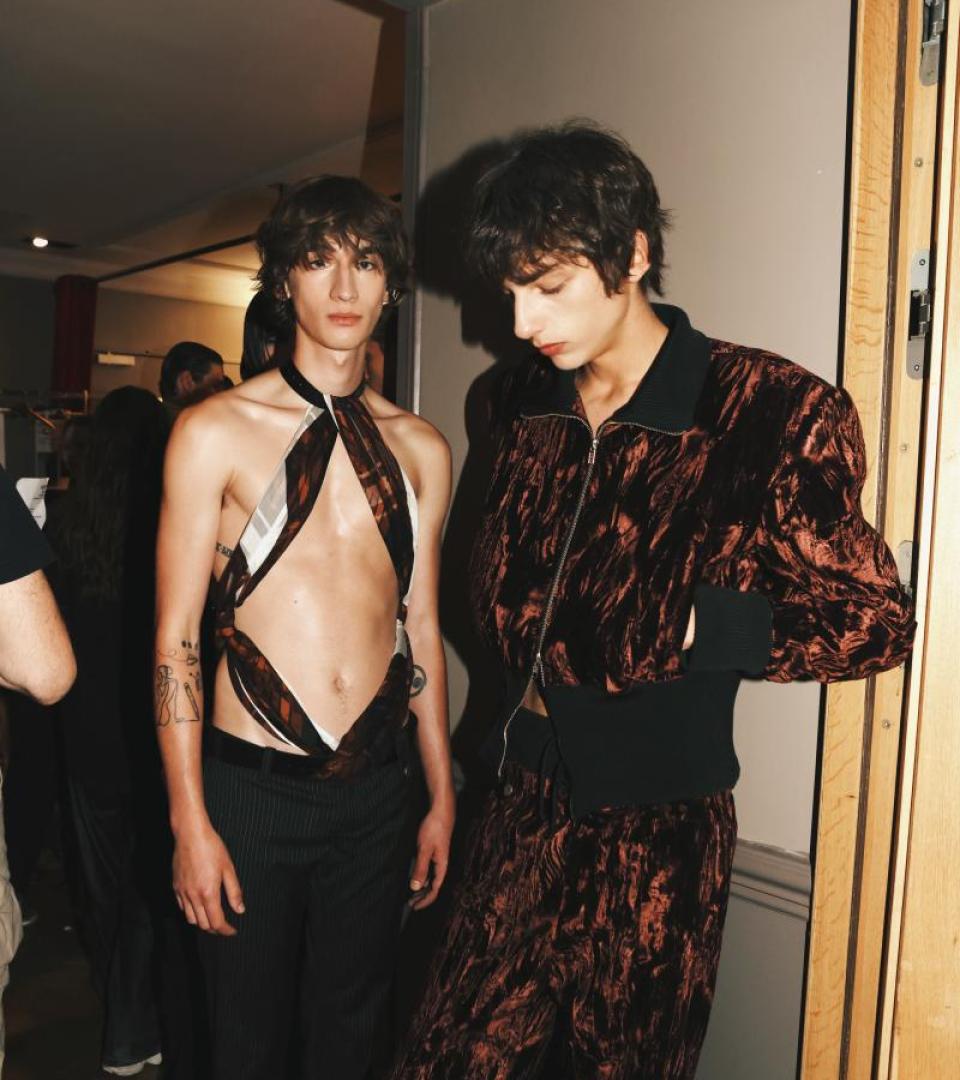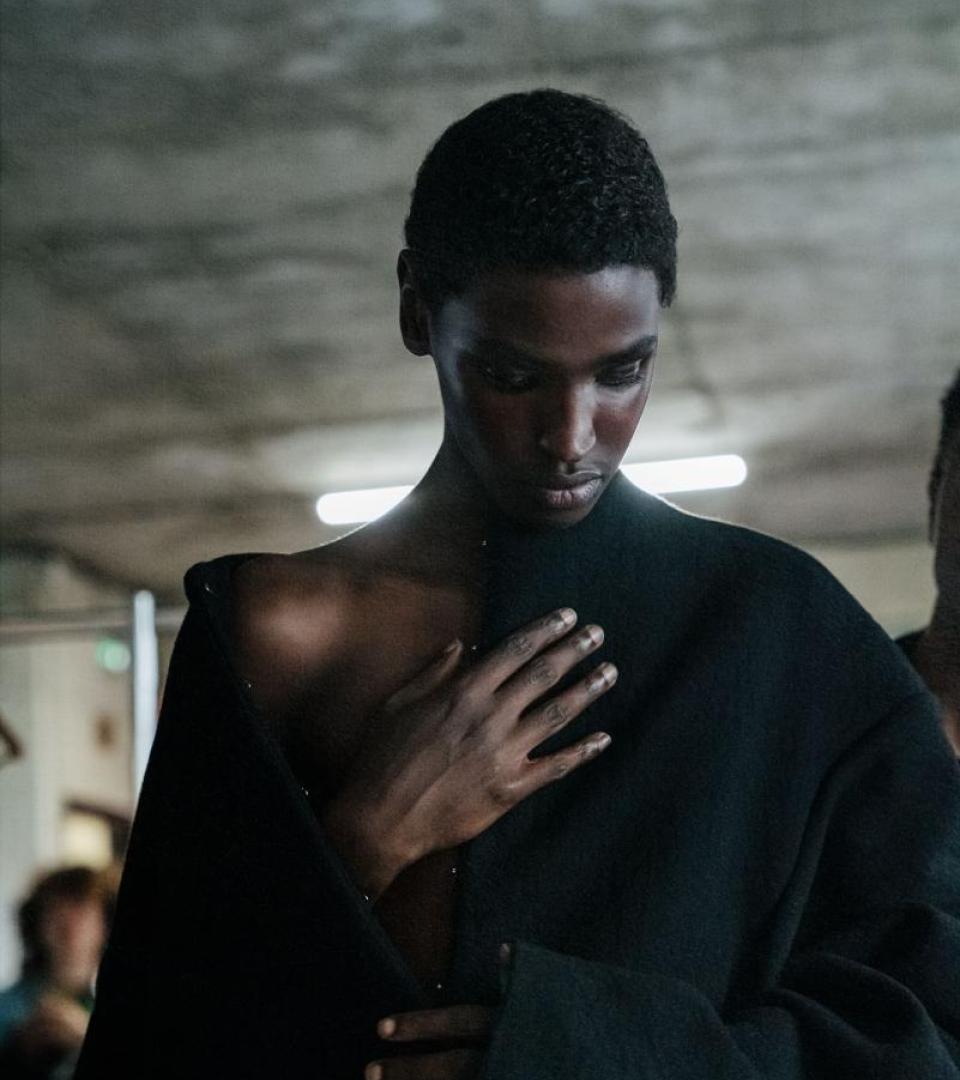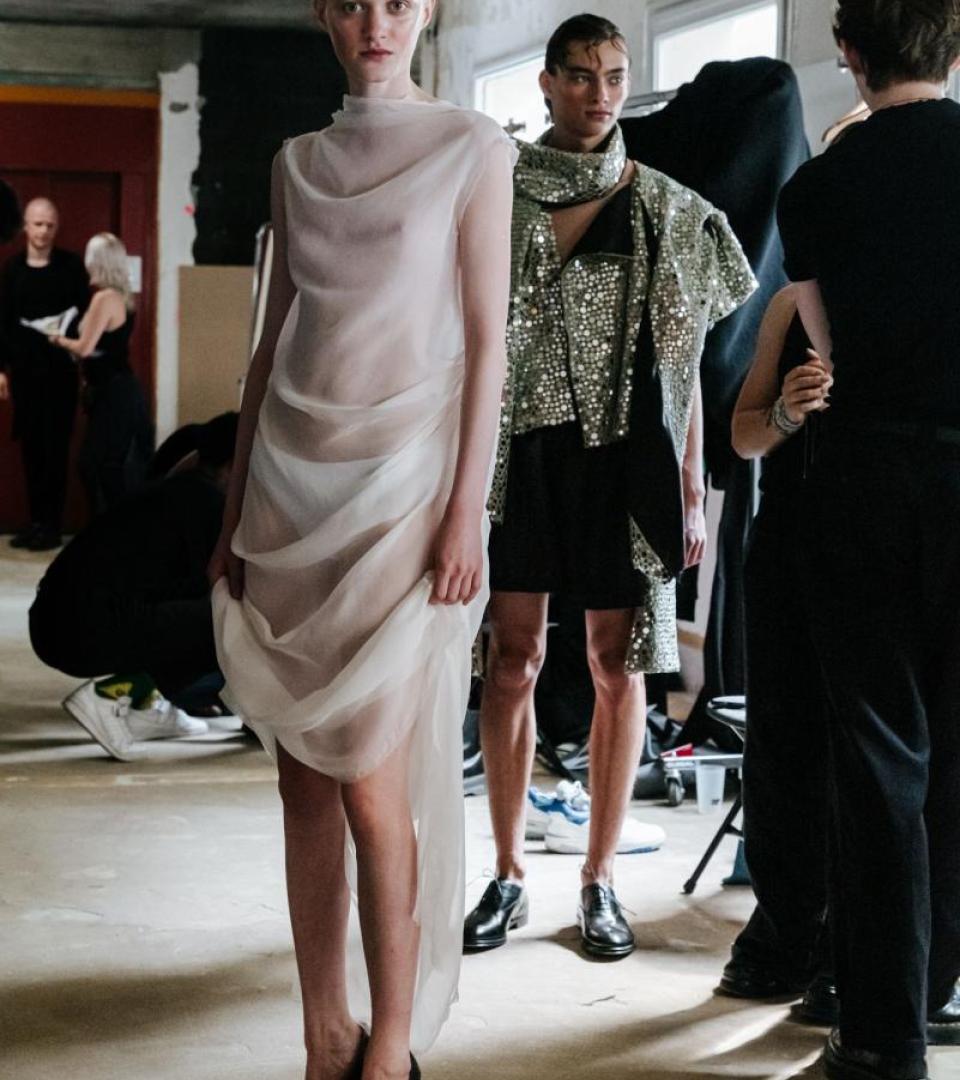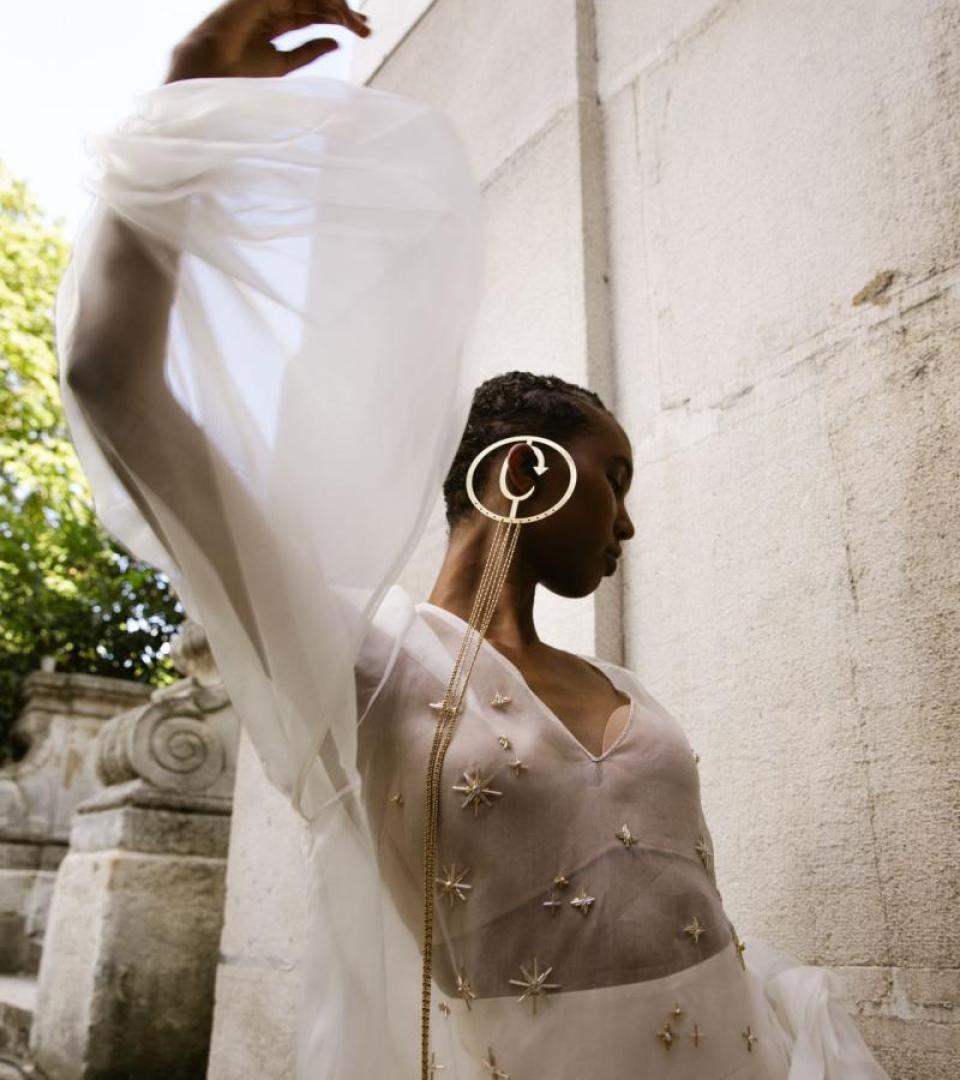A Feel for Fashion: Rebecca Voight
With her deep fashion knowledge gained over several decades, Rebecca Voight is a respected voice who understands how design translates to daily life, offering a perspective equally clever and conversational. An American journalist living in Paris, she is also recognised for identifying and supporting new designers breaking into the industry. She has written for W, WWD, The New York Times, Interview Magazine, and L’Express among others.
This season marks 50 years of fashion weeks in Paris. What, for you, makes Paris Fashion Week® unlike any other?
Is it 50 years already, or is it only 50 years? It seems to me as though Paris has been the centre of fashion forever. So 50 years, that take us back to 1974. I was in Paris as a French language student in 1976; but I had visited Paris briefly for the first time with my fashion-obsessed mother and sister, Katie, in 1974. So here I was in Paris for a few days, an 18-year-old fashion freak at the start of Paris Fashion Week®! And I can tell you we managed to visit Kenzo’s shop in Galerie Vivienne. Two years later, in 1976, I was 20 in Paris for a semester to study French at the Alliance Française. I had just been shortlisted for Mademoiselle Magazine’s Guest Editorship competition. This was a big deal. The assignment for the second leg of the competition was big: show us how you would fill 20 pages of Mademoiselle Magazine on fashion. It was a dream assignment. I decided to contact the Paris fashion houses that inspired me the most back then. Everyone accepted except Kenzo. So I did interviews with Sonia Rykiel, Elie and Jacqueline Jacobsen of Dorothée Bis, Emmanuelle Khanh, Jean Charles de Castelbajac and Agnès B. The one thing all these talents agreed on was that fashion changed when prêt-à-porter came alive in Paris. In 1971, Didier Grumbach and Andrée Putman launched "Créateurs et Industriels", a concept store, inspired partly by Putman’s previous experience at the French chain Prisunic where she was employed as a stylist Through their store, Putman and Grumbach launched talents including Castelbajac, Issey Miyake, Claude Montana and Thierry Mugler. Créateurs et Industriels was a ‘happening' that inspired a generation of French and International talents to put contemporary fashion, designed for young women with their style and budget in mind, on the runway. From that, Paris Fashion Week® was born. And Paris Fashion Week® is the best because, with the centralisation that France specialises in, you have in one extended week, a microcosm of creative expression throughout global fashion. Paris is like a launch pad. At Paris Fashion Week®, the world can be seen on the runways, and the fashion ideas launched here influence the way the world dresses.
What excites you in fashion right now?
So many things: the gender mixing from a young designer like Jeanne Friot who works with repurposed materials for her eponymous brand. Friot designed the outfit made of belts for the silver knight who galloped over the Seine to close the opening ceremony of the Paris Olympics this summer. She is generating a large portion of her growing business with direct to customer sales which indicates that great fashion doesn’t have to be sold through stores. And I am so happy to see young designers financed independently like Vincent Pressiat and Victor Weinsanto for their namesake brands. And I am delighted by the development of a house like Saint Laurent which is not living on its history alone. Anthony Vaccarello is fine tuning the definition of elegance each season. The framework is YSL, but the creativity is Vaccarello. And of course Daniel Roseberry at Schiaparelli, Demna Gvasalia at Balenciaga and John Galliano who reinvented himself at Maison Margiela.
What is one reason to be optimistic about the state of fashion going forward?
Expression in fashion is eternal. People will always use clothes to communicate their aspirations and beliefs. I’m optimistic because of the multitude of recycling and eco-friendly inventions I see during Paris Fashion Week®. I’m confident that a way will be found for fashion and the environment to coexist harmoniously.
Who or what will drive the greatest change in fashion this year?
Young designers starting brands are where new ideas come from. Many of them try and fail, but the ones who manage to succeed against all odds today, will transform our idea of what we want to wear and how fashion business will be conducted tomorrow. I suppose that here I’m thinking of Simon Porte Jacquemus and Arnaud Vaillant and Sébastien Meyer of Coperni, but there are so many others.
What impact might you hope to have on fashion this year?
My impact? I want to find and write about the talents who will make a difference in fashion. In 2022, I launched a magazine called Leaf in Paris in English with two young men, photographers Simon Sévila and David Chicheportiche. They offered me the editor in chief job! We often disagreed, but I learned so much from them. Leaf gave me the chance to find and quickly publish stories on new designer brands. The magazine is on hold for the moment, so I’m using what I have, my Instagram @rebeccavoight, to highlight break out talents. Looking for them is like finding a needle in a haystack, but when you do, it’s a fashion moment. And there’s nothing I like better than a fashion moment.
Can you suggest a fashion mantra as we look ahead to ’25?
Bring Fashion Back (think of luxury as a quiet realm for investment pieces). I don’t know if this is a mantra, but the idea close to my heart is: let’s stop confusing fashion with luxury, and vice versa.
This article has been lightly edited.



